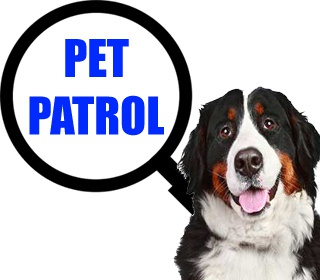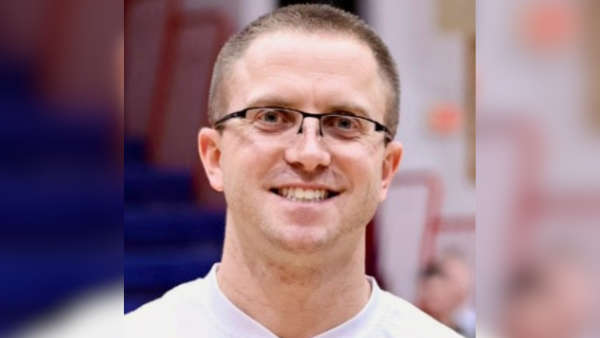To find a naloxone distribution site near you, visit www.overdoselifeline.org.

INDIANAPOLIS – The Indiana Family and Social Services Administration’s Division of Mental Health and Addiction today announced the launch of the Recovery Capital Index, designed to measure the sum of resources necessary for an individual to initiate and sustain recovery from addiction and to help track the overall recovery capital of the state and communities.
“People in recovery have been telling us for decades that there is more to recovery than just maintaining sobriety,” said Jay Chaudhary, DMHA director. “A well-rounded, fulfilling life is the key to a thriving recovery. The Recovery Capital Index will help the state measure the quality of life for Hoosiers in recovery and ensure that Indiana remains a great place to recover.”
Recovery capital is the overall measure of internal and external resources available to an individual with a substance use disorder to ensure their continual success in recovery. The RCI provides a comprehensive picture of a person’s whole well-being using an online, automated 68-question survey. Generally, the higher the level of recovery capital, the better the chances of someone maintaining success in recovery.
The state of Indiana has invested more than $45 million of federal State Opioid Response grant funding over the past four years to combat the drug epidemic and improve mental health. DMHA plans to use aggregate and geographically analyzed results from the Recovery Capital Index to drive future decisions about funding and resource allocation. Chaudhary said mapping and measuring recovery capital will also allow DMHA to see the effect of its investment and track it over time.
To complete the Recovery Capital Index survey, text “RECOVERY” to 833-638-3784. All Hoosiers are encouraged to complete the survey, not just those directly affected by addiction.
To help drive participation, Overdose Lifeline, Inc., an Indiana nonprofit dedicated to helping those affected by substance use disorder, will place stickers on over 200 NaloxBox units and 19 naloxone vending machines across the state. The stickers will prompt users to scan the QR code or text “RECOVERY” to 833-638-3784 to access the survey and additional information about naloxone, including training videos.
To find a naloxone distribution site near you, visit www.overdoselifeline.org.
DMHA has contracted with Commonly Well to administer the survey statewide. Commonly Well is a public benefit company that uses technology and data to help communities and organizations employ well-being initiatives

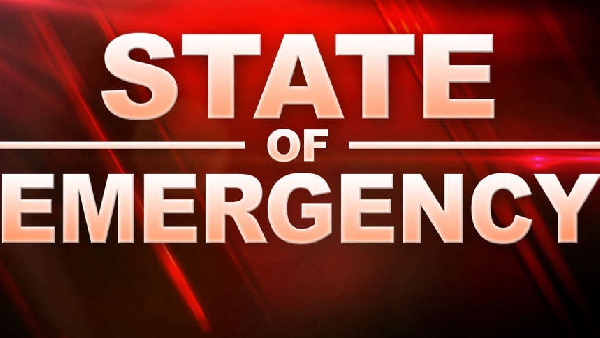 Kentucky's Governor Declares State of Emergency Ahead of 4-Day Severe Weather Event With Possible Tornadoes
Kentucky's Governor Declares State of Emergency Ahead of 4-Day Severe Weather Event With Possible Tornadoes
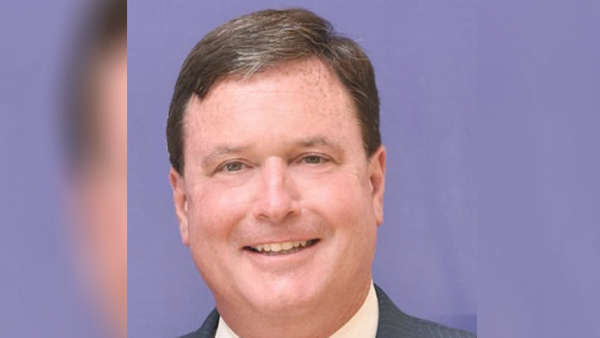 Indiana Attorney General combats contraband cell phones in prisons
Indiana Attorney General combats contraband cell phones in prisons
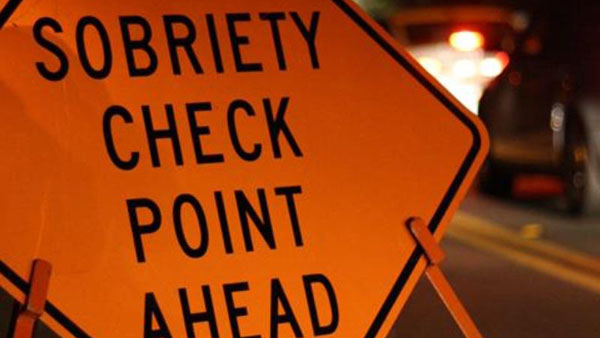 Kentucky State Police Traffic Safety Checkpoint
Kentucky State Police Traffic Safety Checkpoint
